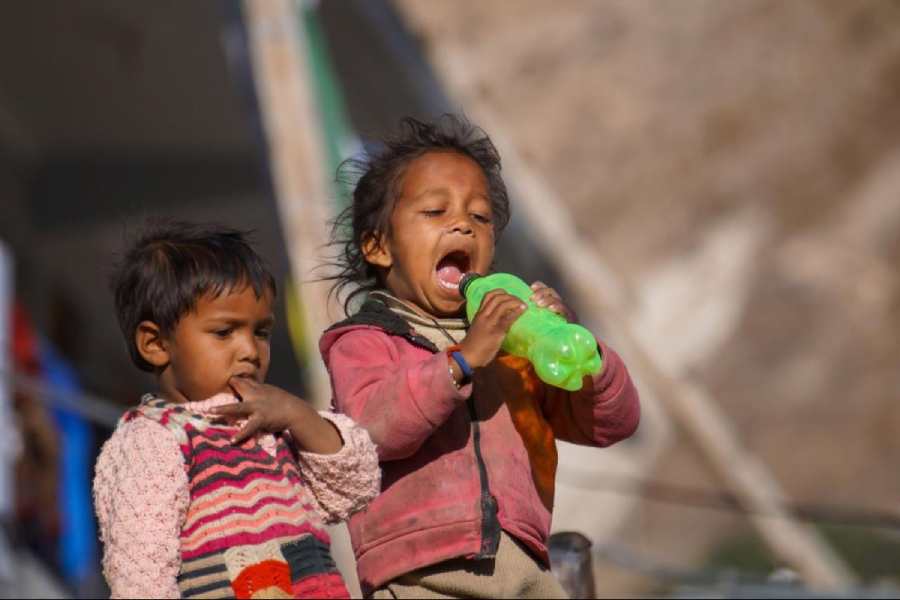Hundreds of infants and children from some of India’s most vulnerable tribal groups will be deprived of nutrition support and their mothers of work options under a shutdown of government-funded day-care creches and spot feeding centres in Odisha, health experts have said.
The nutrition and day-care initiative, jointly funded by the Centre, Odisha and a UN financial institution since April 2021, provided hot cooked meals and other support to children and mothers through 61 creches and 272 child and maternal feeding centres until their closure on September 30.
The initiative called the Odisha Particularly Vulnerable Tribal Groups Nutrition Improvement Programme (OPNIP) was a part of the broader Odisha Particularly Vulnerable Tribal Groups Empowerment and Livelihood Programme (OPELIP) partially supported by the International Fund for Agriculture Development (IFAD), the UN funding body.
The creches and feeding centres are located in 12 districts — Angul, Deogarh, Gajapati, Ganjam, Kalahandi, Kandhamal, Keonjhar, Malkangiri, Mayurbhanj, Nuapada, Rayagada and Sundergarh — serving tribal populations that mainly subsist on agriculture, poultry and forest produce and have had high levels of child malnutrition.
The IFAD had signalled its willingness to continue to fund the programme in a planned second phase after September 30, but the state government has not approved such an extension, public health experts who are involved with OPNIP and familiar with these developments have said.
Some said they are particularly puzzled because the programme cost only an estimated ₹12 crore a year.
When they closed on September 30, the 61 creches were catering to 1,802 children below the age of three years, while 111 spot child feeding centres provided cooked meals once a day for six days a week to another 1,200 children between the ages of three and six years. The OPNIP alsoprovided pregnant women and lactating mothers nutrition through 161 maternal feeding centres.
Experts are worried about both short-term and long-term adverse impacts without a rapid resurrection of the creches and feeding centres.
“This closure will deprive these communities of food and nutrition security,” said Vandana Prasad, a community paediatrician and principal technical adviser with the Public Health Research Society (PHRS), a non-government entity that had started the creche and nutrition initiative with support from the Azim Premji Foundation in 2017.
“It will also adversely impact the ability of older siblings to concentrate onschooling and the ability of women to go out and work while their children were taken care of in the creche,” Prasad said. “In the long-term, this could also negatively impact future schooling andemployability.
Queries sent by this newspaper to the chief secretary of Odisha and to the secretary in the Union tribal affairs ministry on Friday seeking their perspective on the concerns relating to the closure of creches and feeding centres have not evoked a response.
The PHRS has written to the Odisha government, pleading for the continuation of the programme, expressing concern that any interruption would impact the nutrition status of children andmothers.
The creches and feeding centres were run by local village women specially trained by the programme, members of the Particularly Vulnerable Tribal Groups. Their closure also means a loss of livelihood for at least 122 PVTG women, Prasad said.
“It is strange that Odisha has shut down such a critical nutrition support programme for tribal children at a time the Centre is announcing government initiatives for tribal welfare,” said Amulya Nidhi, a national co-convener with Jan Swasthya Abhiyan, a network of physicians and health activists.










